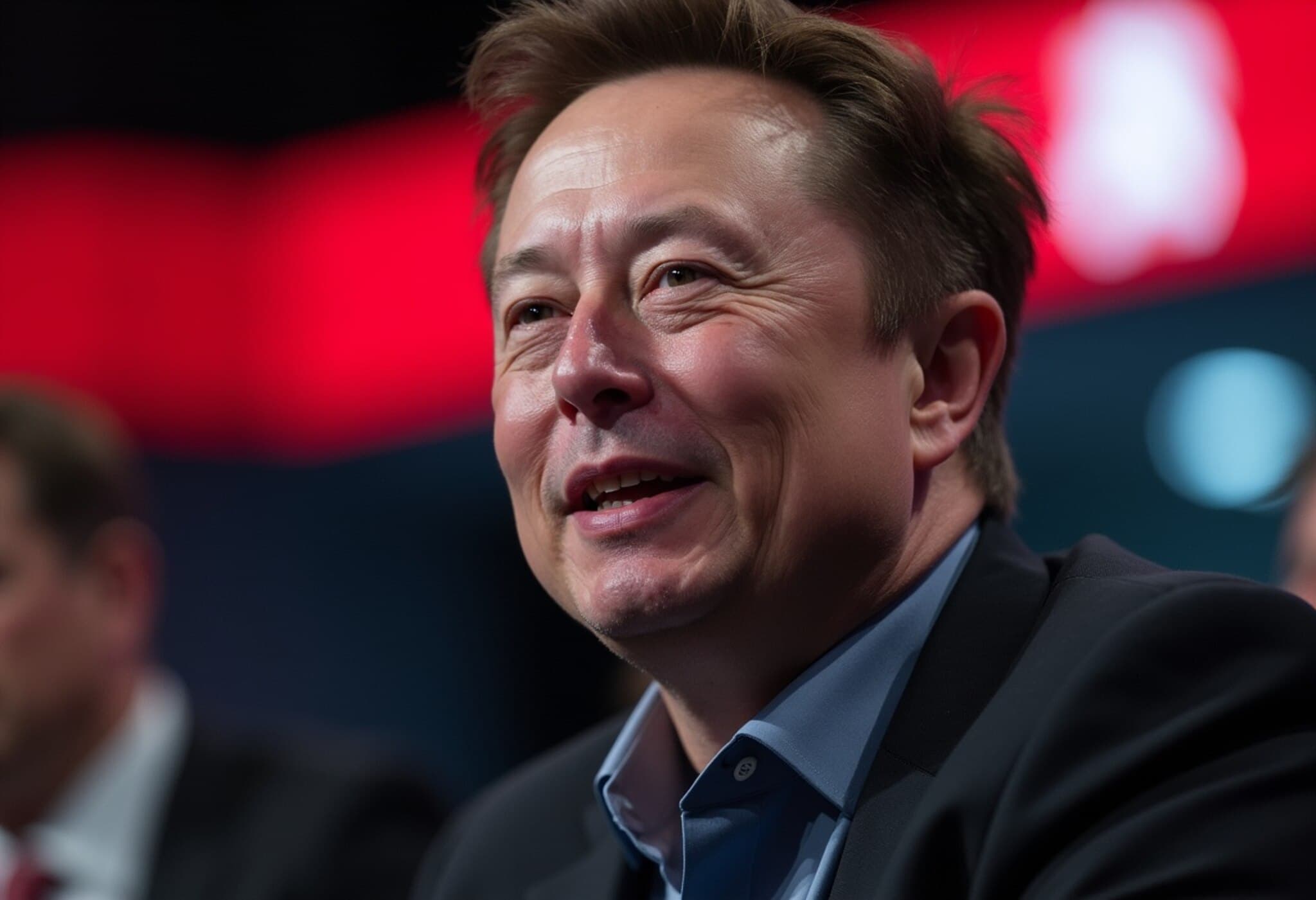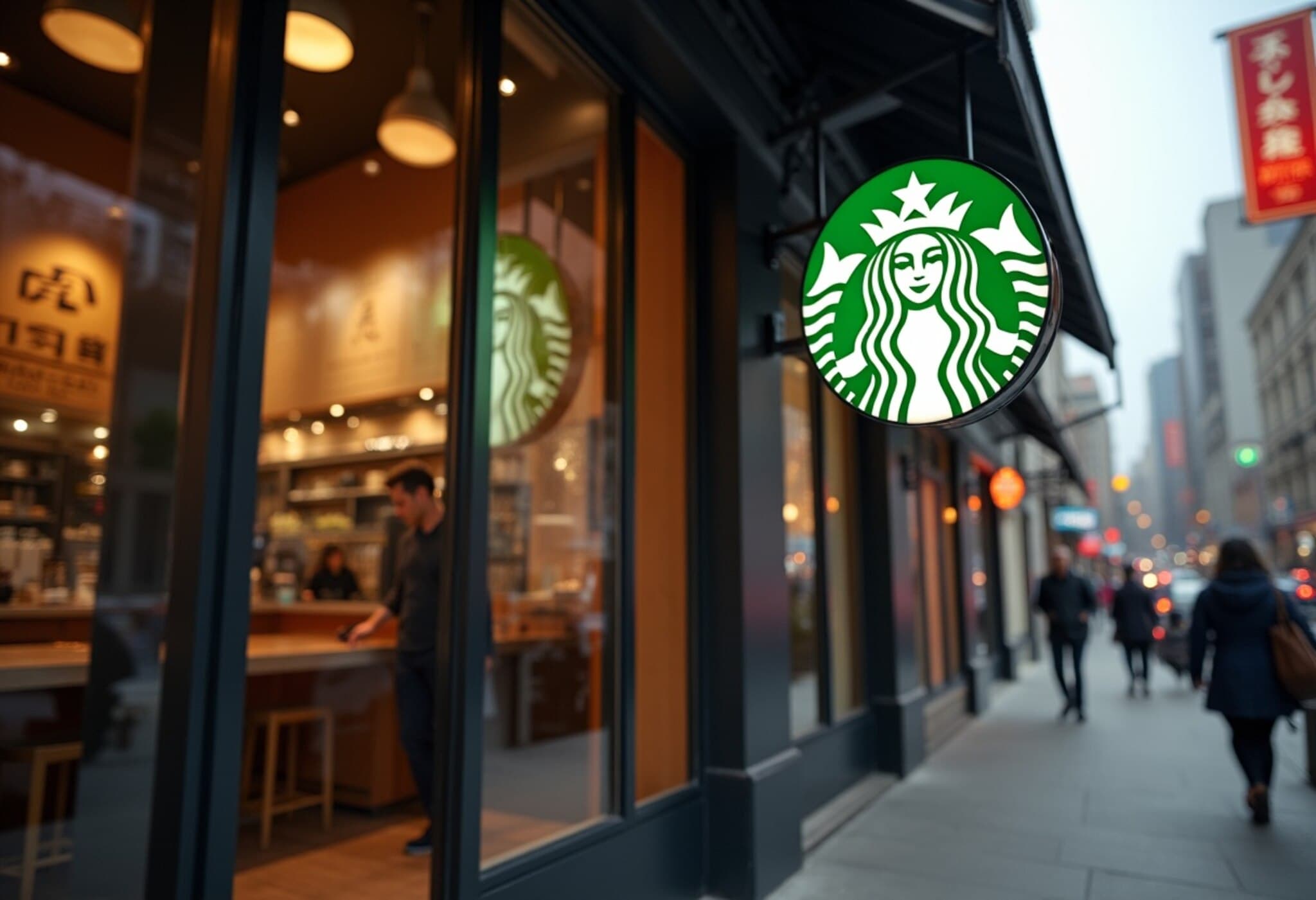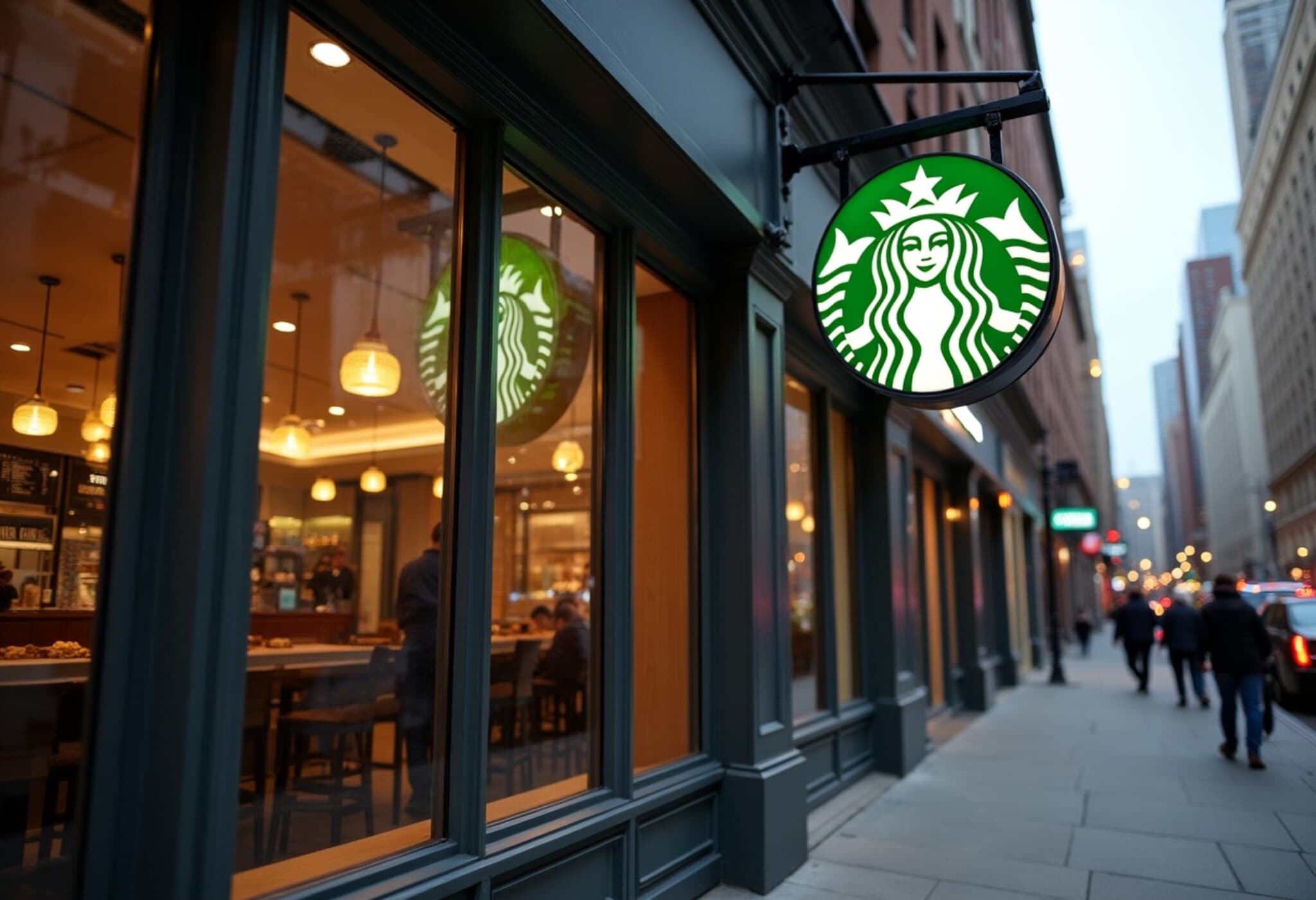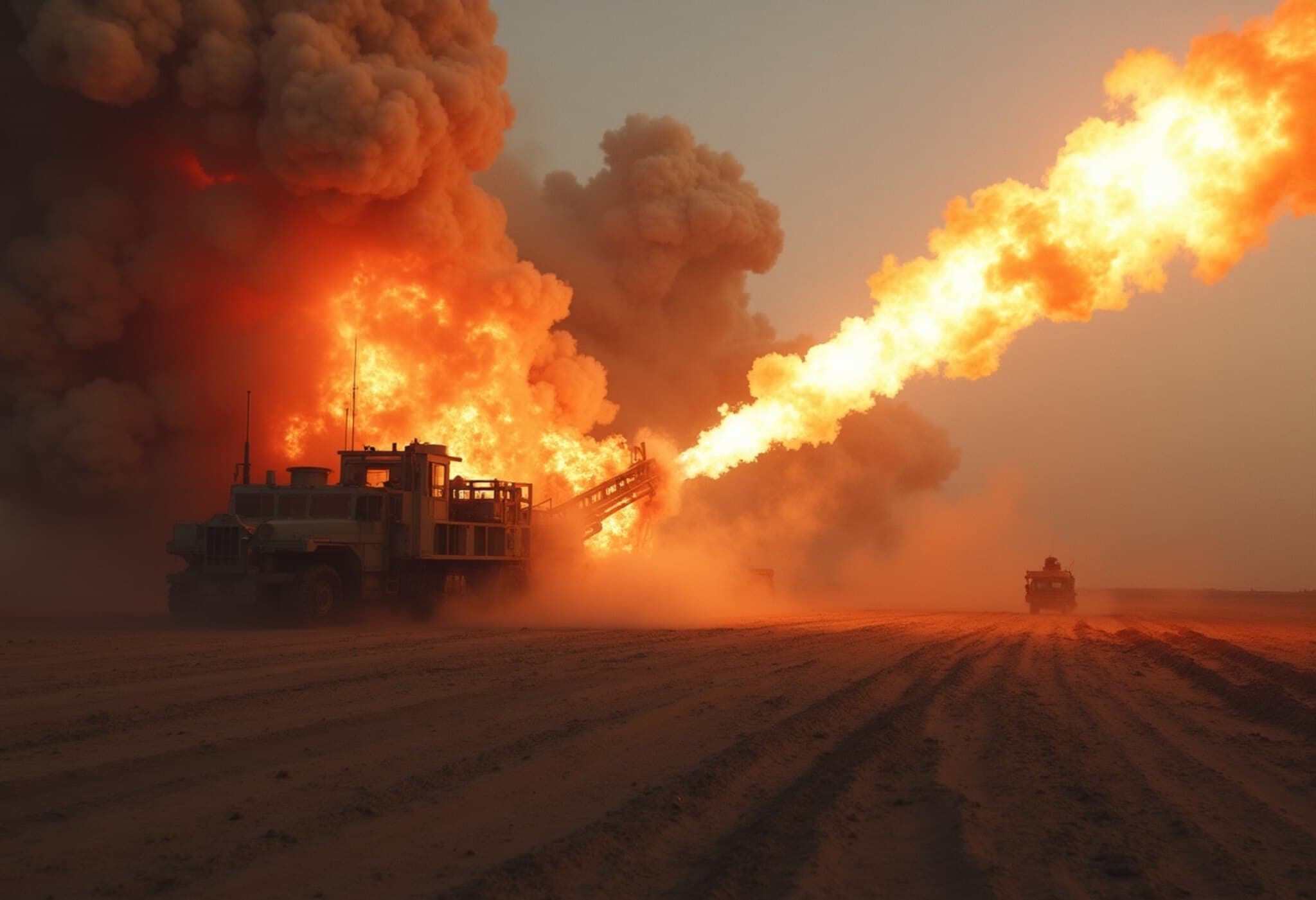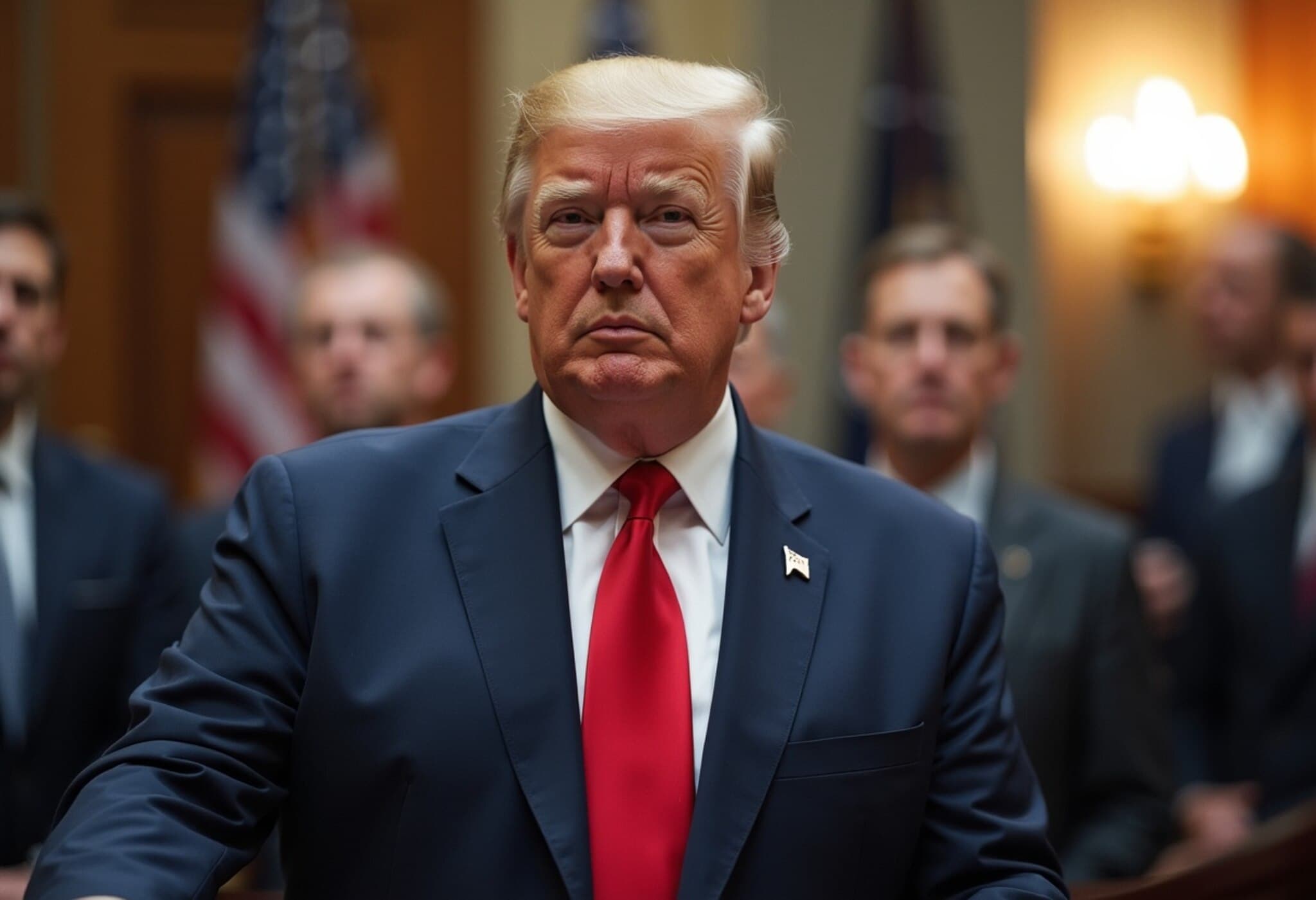Starbucks Clarifies Position on China Business Sale Rumors
Contrary to recent reports, Starbucks has stated that it is not currently considering a full sale of its China operations. The U.S.-based coffee giant responded after speculation arose following reports that it was exploring potential buyers for its China business.
Exploring Options, Not Decisions
Earlier indications pointed to Starbucks engaging in preliminary talks with multiple potential buyers. While a formal sale process was initiated in May, inviting interest parties to respond to due diligence questions, the company maintains no definitive plans for divestiture at this stage.
Insiders reveal that Starbucks, with advisory support from Goldman Sachs, sought detailed information from interested entities on topics ranging from corporate culture and sustainability practices to business strategy and management styles. However, the company has yet to determine whether any transaction would involve a controlling stake, a minority share, or maintaining parts of the operation such as the supply chain.
Significance of Starbucks’ China Investment
Starbucks' commitment to China remains substantial, highlighted by its 2023 launch of the $209 million Coffee Innovation Park in Kunshan, near Shanghai. This expansive 80,000-square-meter roasting facility supports the supply chain for all Starbucks stores across China.
Market Challenges Prompt Strategic Review
The impetus for exploring sale options comes amid intense competition and shifting consumer behaviors. Starbucks’ market share in China has declined sharply, from 34% in 2019 to just 14% in 2024, according to market analysis firms. This downturn is largely attributed to price-sensitive consumers turning to affordable domestic coffee chains such as Luckin and Cotti, which offer lower-priced alternatives.
Adding to the pressure, e-commerce giants in China have aggressively promoted consumer subsidies and coupons for quick delivery services, driving the price of coffee at home delivery to below 5 yuan per cup—significantly less than Starbucks’ typical in-store price around 30 yuan.
Adjusting to Consumer Trends
In response to these challenges, Starbucks recently implemented its first-ever price reduction in China, cutting prices on certain non-coffee iced beverages by an average of 5 yuan. This move signifies the company’s efforts to remain competitive while balancing brand positioning.
Looking Ahead
More than 20 investment institutions have expressed interest in Starbucks China, with private equity firms among the contenders. The next phase may involve narrowing the list of potential buyers as Starbucks examines all options to best position its China operations going forward.
While the company remains committed to the market, the evolving landscape underlines the complexities multinational brands face in adapting to changing economic and consumer dynamics in China.







